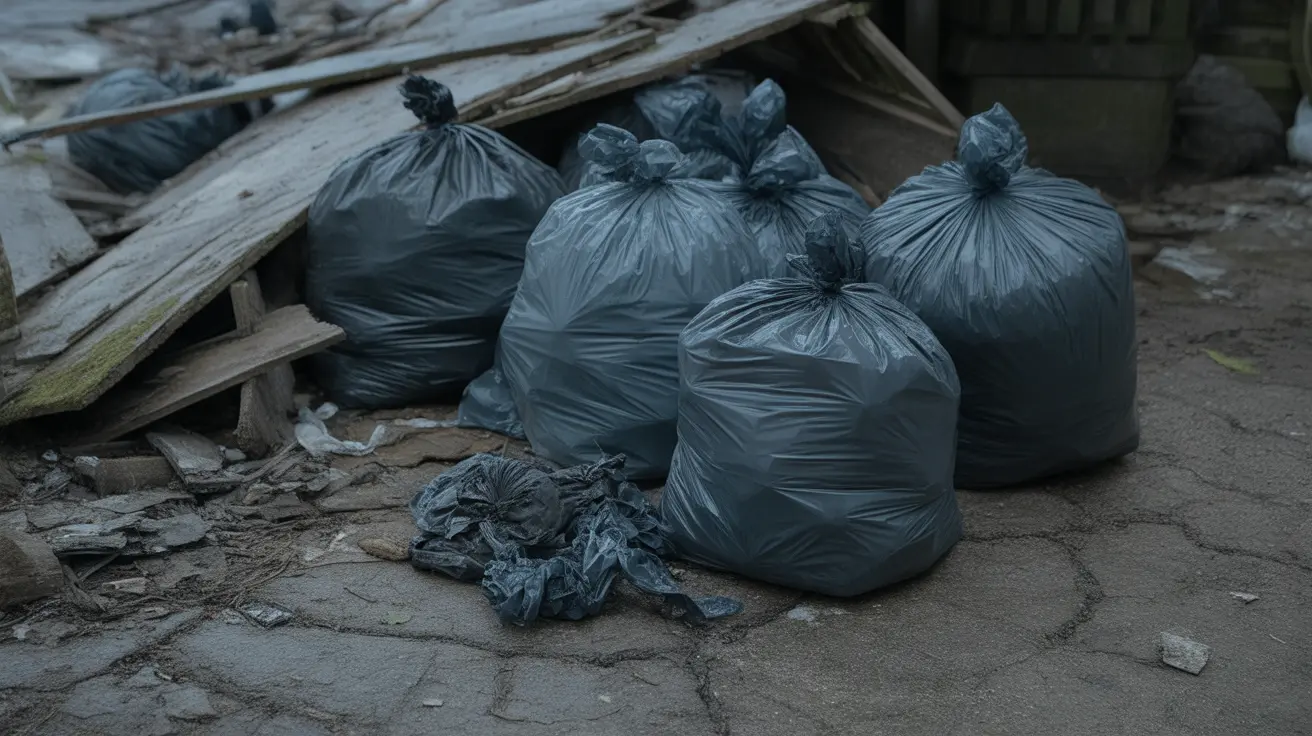The Dangers of Feeding Dogs Pecans: Why They're Considered Highly Toxic
When it comes to caring for our beloved pets, knowing what foods are dangerous is essential to keeping them safe. One common household item that poses a serious threat to dogs is pecans. While they are a healthy snack for humans, pecans can spell disaster for our four-legged friends.
Why Pecans Are Toxic to Dogs
There are several reasons pecans are particularly harmful to canines. Let's break them down:
- Juglone Content: Pecans contain a compound called juglone, which can be toxic to dogs, particularly if consumed in large amounts.
- Mold Risk: Pecans are prone to developing Aspergillus mold, which produces dangerous mycotoxins and aflatoxins. These can have serious neurological effects on dogs, including seizures and tremors.
- High Fat Content: The high levels of fat in pecans can lead to pancreatitis in dogs, a potentially life-threatening inflammation of the pancreas.
- Choking and Blockage Risk: Whole pecans or shells can cause choking or intestinal obstruction, often requiring surgical intervention.
Symptoms of Pecan Toxicity in Dogs
If your dog consumes pecans, especially moldy or large amounts, you should watch for these symptoms:
- Vomiting
- Diarrhea
- Loss of appetite
- Abdominal pain
- Lethargy
- Increased urination
- Tremors or seizures
Small breeds, puppies, and older dogs or those with existing health conditions are at higher risk and can show symptoms even after consuming a small amount.
Particularly Dangerous Nuts
While some nuts are safer than others in tiny amounts, it’s generally best to avoid feeding any kind of nut to dogs. Some nuts are notably more dangerous:
- Macadamia nuts: Known to cause vomiting, weakness, and tremors.
- Hickory nuts: Pose a risk due to juglone and mold.
- Black walnuts: Can cause severe gastrointestinal and neurological symptoms.
- Pistachios: High in fat and prone to mold contamination.
Emergency Action
If your dog ingests pecans or any potentially harmful nuts, do not try to induce vomiting or give medications unless your vet instructs you to. Instead, observe your dog closely and contact your veterinarian immediately, especially if symptoms develop or if your dog is in a high-risk group.
Safe Snack Alternatives
Instead of giving your dog nuts, opt for healthier and safer snacks:
- Plain carrots
- Apple slices (without seeds)
- Cooked lean meats
- Commercially formulated dog treats
Even safer human foods should only make up fewer than 10% of your dog’s daily calories and should be avoided in dogs that are overweight or have digestive issues.
Prevention Tips
To prevent accidental ingestion of toxic nuts:
- Store all nuts securely, out of your dog's reach.
- Regularly clean up fallen nuts from yards, especially if pecan trees are present.
- Educate family and guests not to feed dogs nuts or human snacks unknowingly.
Final Thoughts
While it might be tempting to share your snack with your furry friend, even a single pecan can have serious consequences. When it comes to your dog's diet, safety should come first. Always consult with your veterinarian if you're unsure whether a particular food is safe, and when in doubt, stick to dog-approved treats.





